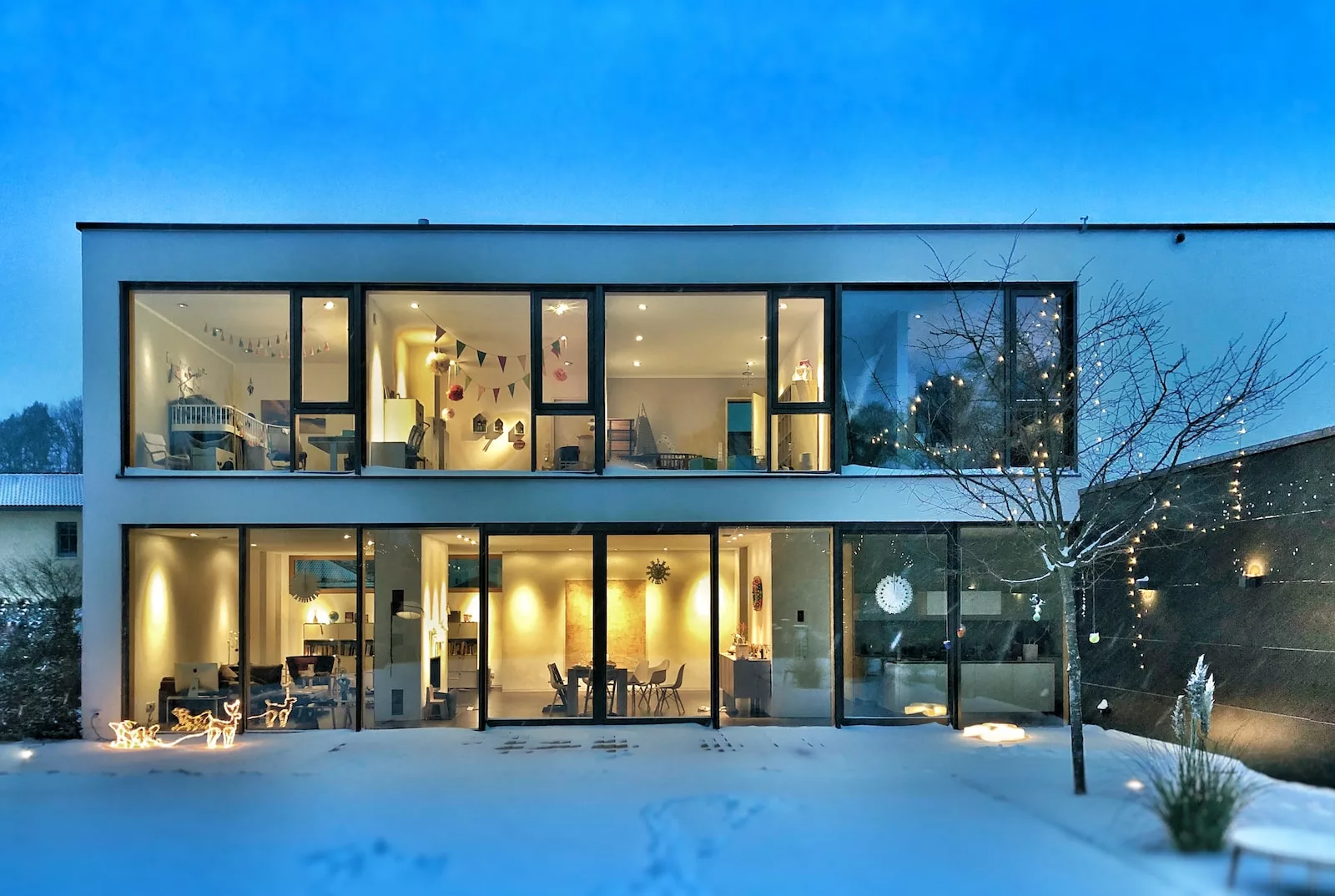The Rise of Smart Homes in Singapore In recent years, the concept of smart homes has gained significant traction in Singapore’s property market. The integration of technology into residential spaces has revolutionized the way people live, enhancing convenience, comfort, and energy efficiency. With advancements in artificial intelligence, the Internet of Things (IoT), and home automation systems, smart homes have become a desirable choice for homeowners. This article explores the rise of smart homes in Singapore and how technology is reshaping the property market.
Introduction: The Evolution of Smart Homes
In recent years, the rapid development of technology has led to significant advancements in the concept of smart homes. Smart homes are residences equipped with devices and systems that can be controlled remotely and automated to enhance the living experience. These homes utilize a network of interconnected devices and sensors, allowing residents to manage various aspects of their homes through smartphones or voice commands.
The Benefits of The Rise of Smart Homes in Singapore
Smart homes offer a multitude of benefits to homeowners. Firstly, they provide convenience and ease of use. Residents can control lighting, temperature, security systems, and appliances with a few taps on their smartphones or through voice commands. This level of control streamlines daily activities and saves time and effort.
Secondly, smart homes improve comfort and enhance the overall living experience. Automated systems can adjust lighting, temperature, and even music preferences according to individual preferences and habits. Smart devices learn from occupants’ behaviors and adapt to create personalized environments that promote well-being.
Furthermore, smart homes promote energy efficiency and sustainability. Advanced energy management systems can monitor energy consumption and optimize usage, reducing utility bills and minimizing the environmental impact. Residents can also remotely control appliances and lighting, ensuring that they are not left on when not in use.
The Rise of Smart Homes in Singapore Features and Innovations
Smart homes encompass a wide range of features and innovations. These include intelligent lighting systems that adjust brightness and color temperature, automated climate control systems, voice-activated virtual assistants, and smart appliances that can be remotely controlled and monitored. Additionally, smart security systems provide advanced surveillance and access control, offering homeowners peace of mind.
Integration of Artificial Intelligence in Smart Homes
Artificial intelligence (AI) plays a crucial role in the development of smart homes. AI-powered virtual assistants, such as Amazon Alexa and Google Assistant, enable voice control and seamless interaction with smart devices. These assistants can perform various tasks, including answering questions, providing weather updates, and even ordering groceries.
AI algorithms also enable predictive analytics, allowing smart homes to learn residents’ habits and preferences. This technology anticipates needs and adjusts settings accordingly, providing a personalized and intuitive living experience.
Home Automation Systems and IoT
Home automation systems form the backbone of smart homes. These systems connect various devices, sensors, and appliances, enabling seamless communication and control. The Internet of Things (IoT) enables devices to share data and work together to automate processes and improve efficiency.
Through a central hub or mobile application, residents can monitor and control all connected devices, creating a unified and integrated living environment. The ability to automate tasks, such as adjusting lighting, locking doors, or managing entertainment systems, simplifies daily routines and enhances comfort.
Energy Efficiency and Sustainability The Rise of Smart Homes in Singapore
Smart homes are at the forefront of energy efficiency and sustainability. The integration of smart energy management systems allows residents to monitor and optimize energy consumption. Smart thermostats, for instance, adjust temperature settings based on occupancy and external conditions, reducing energy wastage.
Renewable energy solutions, such as solar panels and smart grids, further contribute to sustainability. These technologies generate clean energy and enable homeowners to sell excess energy back to the grid, promoting a greener and more environmentally friendly lifestyle.
Smart Security Systems The Rise of Smart Homes in Singapore
One of the critical aspects of smart homes is their advanced security systems. Smart security cameras, motion sensors, and access control systems provide comprehensive surveillance and protection. Residents can monitor their homes remotely, receive real-time alerts, and even grant access to visitors remotely.
Additionally, smart security systems integrate with other devices, such as lighting and alarm systems, to create a deterrent effect and enhance overall safety.
The Future of The Rise of Smart Homes in Singapore
The future of smart homes is promising, with continuous advancements and innovations on the horizon. As technology evolves, smart homes will become even more intuitive and seamlessly integrated into daily life. Improved voice recognition, augmented reality, and robotics are some of the exciting developments that will shape the future of smart homes.
Furthermore, smart homes will play a vital role in sustainable urban development. As cities strive to reduce carbon footprints and enhance energy efficiency, smart homes will serve as essential building blocks of smart cities.
Challenges and Concerns The Rise of Smart Homes in Singapore
While smart homes offer numerous benefits, they also present certain challenges and concerns. Privacy and data security are primary concerns, as the collection and sharing of personal data through smart devices raise privacy issues. Developers and manufacturers must prioritize robust security measures to protect user information and mitigate potential risks.
Moreover, the cost of implementing smart home technologies can be a barrier for some homeowners. Although prices have been decreasing over time, widespread adoption of smart home features may require further cost reductions and increased accessibility.
Impact on Singapore’s Property Market
The rise of smart homes has had a significant impact on Singapore’s property market. Homebuyers are increasingly considering smart homes as a valuable feature when searching for properties. Developers and real estate agents are recognizing the demand for smart home technologies and incorporating them into new residential projects.
The integration of smart home features enhances the attractiveness of properties, potentially increasing their value. Homeowners who invest in smart home technologies can expect improved marketability and potential returns on their investments.
Conclusion
Smart homes are transforming Singapore’s property market with their advanced technologies and innovative features. The seamless integration of AI, IoT, and home automation systems offers convenience, comfort, and energy efficiency to residents. As technology continues to evolve, smart homes will play an even more prominent role in shaping the future of residential living.
FAQs
Are smart homes only for affluent homeowners?
No, smart home technologies are becoming more accessible and affordable over time, making them available to a wider range of homeowners.
Can I control a smart home remotely?
Yes, smart homes can be controlled remotely through mobile applications or voice commands, allowing homeowners to manage their properties from anywhere.
Are smart homes secure from hackers?
Smart homes can be vulnerable to hacking if proper security measures are not in place. It is essential to choose reputable brands and implement robust security protocols to protect against potential threats.
Will smart homes save energy and reduce utility bills?
Yes, smart homes are designed to optimize energy consumption and reduce utility bills. Automated systems and energy management features contribute to energy efficiency and sustainability.





